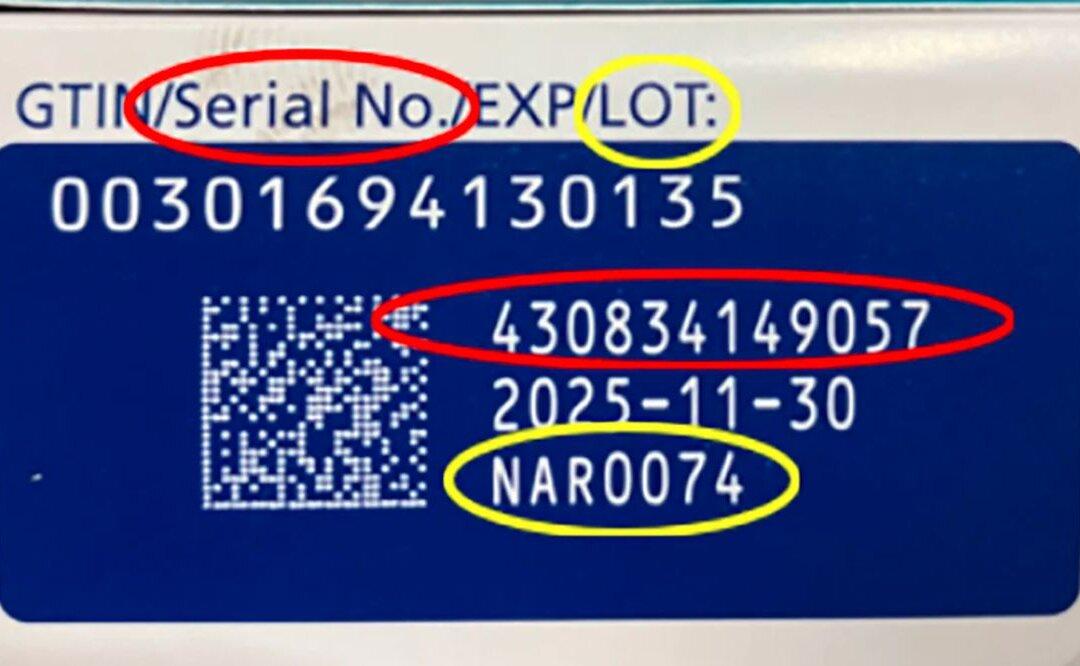The U.S. Food and Drug Administration (FDA) announced it seized numerous counterfeit units of weight-loss and diabetes drug Ozempic and issued a warning to consumers to be wary of fake versions of the medication.
The FDA said it “ seized thousands of units of the product,” which contains semaglutide, that was found in the “legitimate U.S. drug supply chain,” according to a news release.





